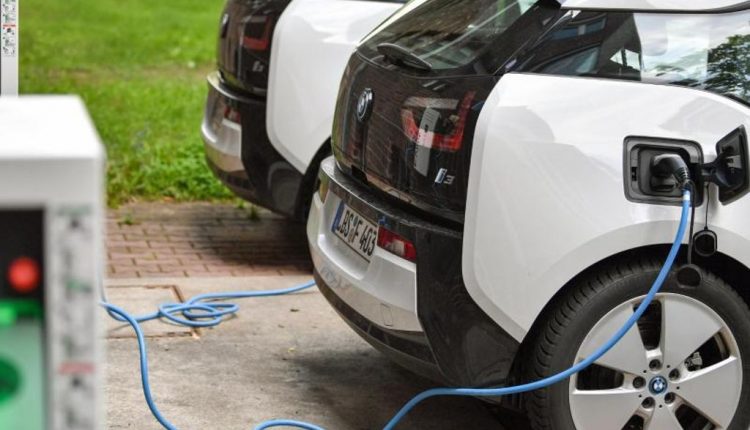For months, there was a deadlock between the Ministry of Climate Change and the Industries and Production Division on the formulation of the renowned EV policy.
This EV policy is poised to change the landscape of how we travel in the future. However, over the past few months, the automotive sector of Pakistan had serious reservations when the Federal Cabinet approved a draft of the policy last year with certain conditions. This draft policy was taken to the Federal Cabinet by the Ministry of Climate Change without any prior consultations with the Industries Division.
The commerce adviser was also absent in the cabinet meeting that gave approval to the draft policy. Therefore, his viewpoint was also not taken into consideration.
The local auto sector lamented the lack of consultation that the Ministry of Climate Change sought from the key stakeholders in the industry before drafting the EV policy. Thereafter, it was decided that the EV policy would be changed, and it will include recommendations from these stakeholders.
Recently, the Federal Cabinet has given the power to formulate the EV policy over to the Industries and Production Division. The involvement of the Ministry of Climate Change was also flagged and criticized by the local auto sector.
The key stakeholders asserted that the EV policy should be the jurisdiction of the Industries and Production Division and not the Ministry of Climate Change. The Industries and Production Division has previously drafted and successfully implemented many policies for the auto sector in Pakistan.
The most popular one is the Automotive Development Policy 2016-2021. This policy opened doors to many international auto manufacturers. Some key players like KIA and Hyundai entered by virtue of this policy.
According to the Rules of Business 1972, the Industries and Production Division has the power to draft and implement industrial policies, not the Ministry of Climate. Based on this, the Federal Cabinet asserted that the formulation of the EV policy is the job of the Industries Division. Although the Rules of Business do not address the matter of EV policy directly, it is more suitable and aligned with the tasks of the Industries Division.
Previously, the Industries Division held a series of meetings that included representatives from the Ministry of Climate Change, Pakistan Automotive Manufacturers Association (Pama), Association of Automotive Parts and Accessories Manufacturers (Paapam) and Auto Industry Development Committee (AIDC). This was done to ensure that all key stakeholders get a chance to pitch in ideas and recommendations to draft a suitable EV policy acceptable to all.
The Ministry of Climate Change is of the view that in most of the other countries, the EV policy is formulated by the Environment Ministry. It further asserted that no initiative was taken by the Industries Division for an EV policy; hence, the Ministry of Climate Change took it upon itself to draft an EV policy and get approval from the Federal Cabinet. Moreover, the Ministry of Climate Change is arguing that since it has done most of the work on the EV policy, it should remain in the domain of the Ministry of Climate Change.
The Industries Division argued that apart from the aspect that an electric vehicle has a battery, the rest of the vehicle is just like a normal car. This logic dictates that the lead role must be given to the Industries Division. The Federal Cabinet had to resolve this tussle between many arms of the government and gave a decision in favor of the Industries Division.
Pak Suzuki and Honda Altas have given their recommendations to the Engineering Development Board (EDB) for the upcoming electric and hybrid vehicle policy 2020-25. Pak Suzuki has also advised the EDB to postpone this policy by one more year in consideration of the COVID-19 crisis.
The auto sector is already going through tough times based on coronavirus pandemic, inflation, loss in demand, and the rapid devaluation of the Rupee. In this critical time, the relevant authority must draft an EV policy swiftly, and it must also involve all the necessary stakeholders. This will formulate an EV policy acceptable to all, and resources will also not be wasted.
Stay tuned for more news on the EV policy and other aspects of the auto sector. Drop your thoughts on the EV policy in the comments section below.


